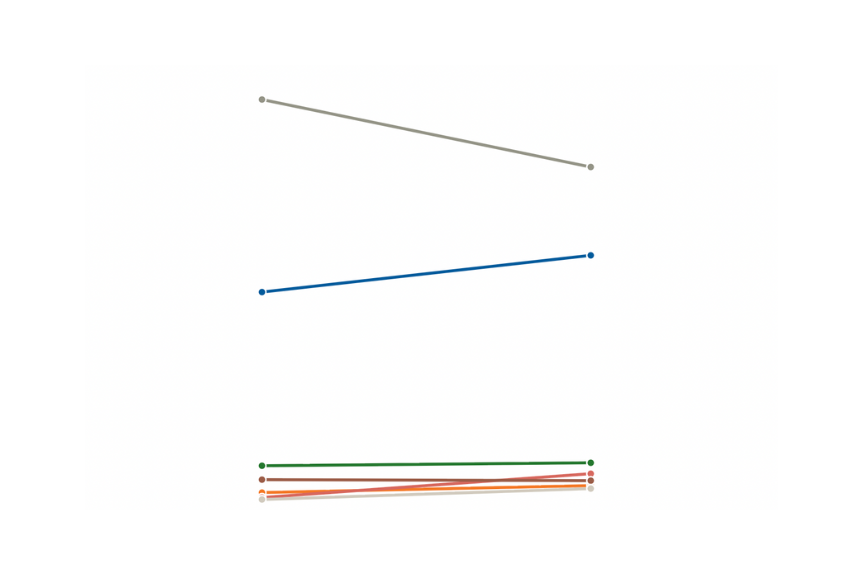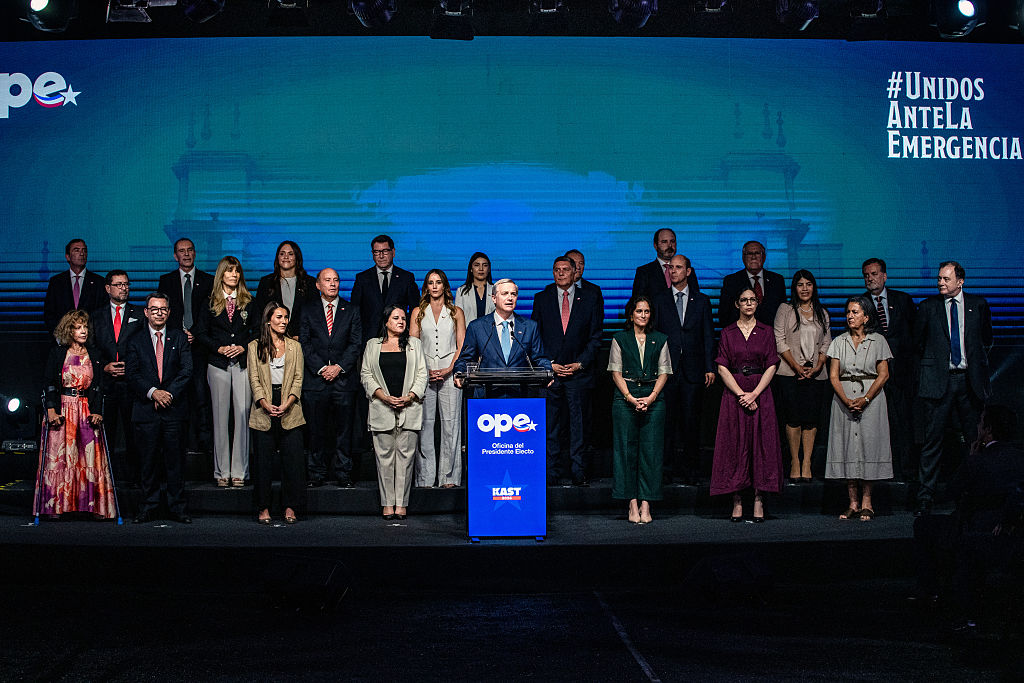Book Launch: Mañana Forever? Mexico and the Mexicans by Jorge Castañeda
Book Launch: Mañana Forever? Mexico and the Mexicans by Jorge Castañeda
The former Mexican foreign secretary and book's author explored obstacles to Mexico's advancement and how to change the country's institutions and attitudes to achieve success.
Speakers:
- Professor Jorge Castañeda, Global Distinguished Professor of Politics and Latin American Studies, New York University (Keynote Speaker)
- Professor John Coatsworth, Dean, School of International and Public Affairs, Columbia University
- Tim Weiner, Former Mexico Correspondent for The New York Times
- Christopher Sabatini, Senior Director of Policy, Americas Society/Council of the Americas, Editor-in-Chief, Americas Quarterly (moderator)
Summary
Americas Society/Council of the Americas organized a panel discussion on Jorge Castañeda’s new book Mañana Forever? Mexico and the Mexicans. In the book, Castañeda presents his perspective on the question of why it proves so difficult for Mexico to “succeed.” He suggests that the answer lies in characteristic traits in Mexicans that go against the aspiration for Mexico to move forward and develop further. Castañeda stressed that Mexican presidents must tackle these counterproductive traits both through changes to institutions and attitutdes.
The purpose of the book
Castañeda, a former foreign secretary of Mexico, began the event by explaining the purpose of his book. He intended to “try to share a common discourse on why Mexico doesn’t work,” which is why he released the book in both the United States and Mexico. Mañana Forever? seeks to outline the story of success, paralysis, frustration, and inability to move forward that Mexico has faced, and he believes that it requires going beyond traditional answers such as “we can’t reach agreements among ourselves” or “the political will for change is not there,” and “the deeper reforms that have to be undertaken have not been.” He believes that there are four or five recurrent traits in Mexico that once made it possible to build up the country, but have now become “totally incompatible and counterproductive.” He said these traits further explain why Mexico has had such difficulty “succeeding.”
Castañeda: The traits that hold Mexico back
Jorge Castañeda outlined what he believed were the Mexican characteristics holding the country back. One of the traits mentioned was “Mexican-exacerbated individualism,” which he believes counters its emergence as a majority middle class society. Moreover, Castañeda stated: “Mexico’s incredible aversion to conflict and confrontation” are “incompatible with it being a full-fledged representative democracy.” Other traits that he discussed were Mexico’s obsession with the past and fear of the foreign that were “incompatible with one of the most open economies in the world, with a country whose main industry and employer is tourism."
Is there hope for change?
Despite these hurdles, Castañeda did point to a glimmer of hope for Mexico, saying: “We are seeing what happens to Mexicans when they are taken out of their natural environment and contexts and placed in a new context—the United States.” He argued that these characteristic traits changed among Mexicans in the United States, and although he does not know if these are permanent changes, he hopes they will be “blown back to Mexico.” Castañeda said transformations can be seen in particular among Mexican women in the United States, who are the “single most important agent for change for the future of the Mexican national character to turn it into something functional to advance towards modernity.” He noted that these emigrants make use of the greater freedoms and legal rights afforded to them in the United States. He also expressed for a cultural transformation in Mexico through Facebook, Twitter, and other forms of communication.
Dean Coatsworth: A reaction to the book
Columbia University Dean John Coatsworth discussed his opinion of Castañeda’s analysis of the barriers to Mexican development. He explained that he was first hesitant when he heard of the topic as “a book about Mexicans and what’s wrong with them,” but then affirmed that Castañeda presented an insightful and fresh exploration of the subject. Coatsworth jokingly said, “A conventional approach would have been to total up what’s wrong, figure out what public policies might fix the problem and announce the solutions in a flurry of footnotes, graphs and tables.” However, he pointed out the problems to that approach, and explained that Castañeda’s book breaks that pattern of analysis. Coatsworth said it was evident that problems like bad institutions and corrupt governments cause people to adjust their thinking, and that these very adjustments help keep the bad systems afloat. Coatsworth argued that “survival strategies and the attitudes that go with them…become the national character; they are historically persistent until they encounter some external shock or process that opens new paths. That’s the point of the book. [Castañeda] wants to be one of those shocks that gets Mexicans to think again seriously about some of those characteristics.”
Q&A with Tim Weiner
Tim Weiner, former Mexico correspondent for The New York Times asked several questions that related to what Castañeda hoped could have been achieved in the past, and what possibilities lay ahead for Mexico. Castañeda said that, when Vicente Fox was elected president in 2000, he believed the country would be able to dismantle the institutional corporatist system present in Mexico. Weiner and Castañeda also discussed corruption in local police forces and the reliance on the army to maintain rule of law.








